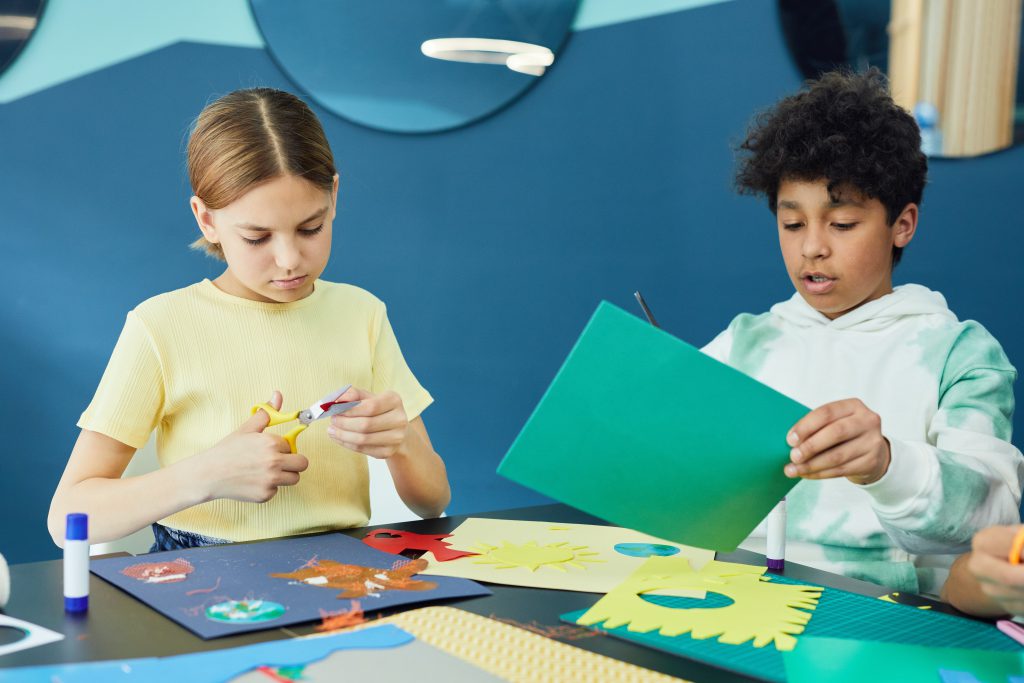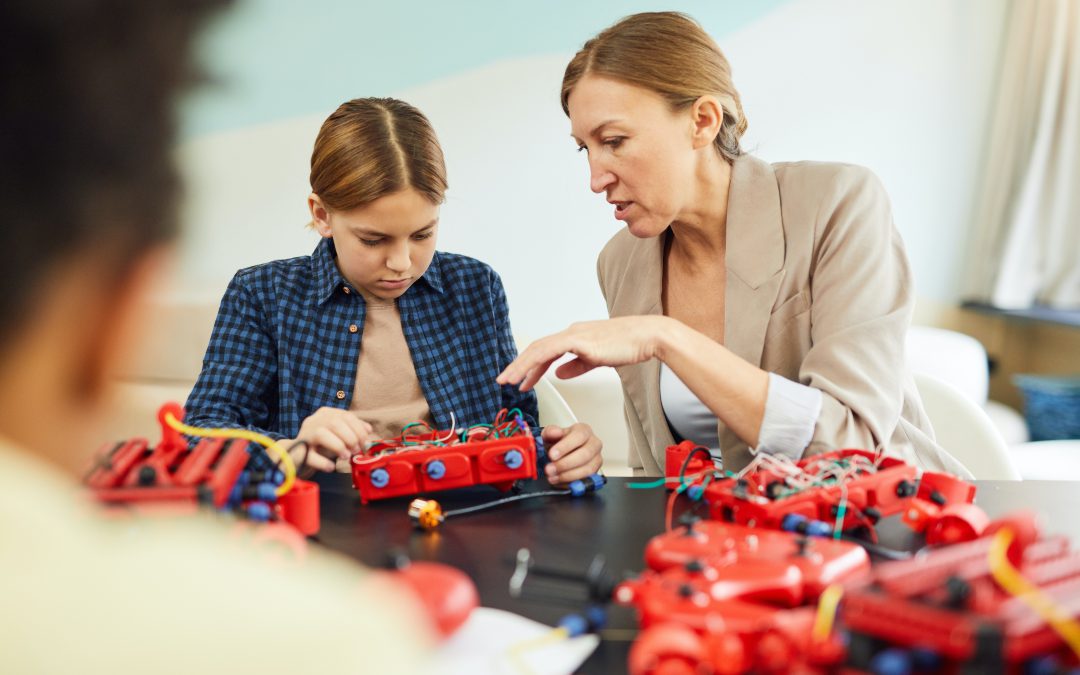“Tell me and I forget. Teach me and I remember. Involve me and I learn.”
– Benjamin Franklin
We’ve all heard this phrase throughout our educational journeys, but it never loses relevance! Even if every school is different and each student unique, giving children the right tools and opportunities to learn through real-world experiences is vital for helping develop lifelong learners. So what are you doing this semester to offer experiential educational opportunities for your students?
Experiential Learning is all about learning by doing. It engages students in hands-on experiences to connect the theories and knowledge obtained in the classroom to real-life situations. This type of learning helps students develop problem-solving skills and remember important concepts that they can apply in their lives.
Boston University states that experiential learning often includes:
- Time for reflection, critical analysis, and synthesis.
- Opportunities for students to take the initiative, make decisions, and be accountable for the results.
- Situations in which students can engage intellectually, creatively, emotionally, socially, or physically.
- A designed learning experience that includes the possibility to learn from natural consequences, mistakes, and successes.
Most schools traditionally use an experiential approach in subjects like science, where students can apply their theoretical knowledge by conducting experiments. But how can you embrace experiential learning in other areas of your school?

Have Your Plan and Purpose
Doctor Taylor Hausburg and Sarah Gudenkauf suggest educators begin lesson planning with the end in mind. Before considering which experiential activities to create “it’s important to have a clear vision for how the activity fits into your course, unit, or lesson. That’s why clearly defining an activity’s overarching purpose and goals should be the first step in your planning process.”
Don’t Be Afraid To Improvise
But having an end goal doesn’t mean the lesson is set in stone. With experiential learning, Educator Mike Chapman encourages improvisation in the classroom while both the teacher and their student follow a common framework, through their theory Improvise But Stay In Key.
Bring It To the Staffroom
On the other hand, the Expert Panel® of Forbes Councils Member suggests taking experiential learning beyond the classroom and into the staffroom! The Buddy Programs And Peer Group Learning Experiences for staff members states that “Peers can share their personal experiences, and knowledge is exchanged and grows among peer group members. In practice sessions, workplace situations and scenarios can be explored and reflected on, and best practices can be tried out.” When teachers and staff members embrace being lifelong learners through experiential learning, they set an example for their students.
Part of being a great educator means continuing to develop and improve teaching styles to best meet the needs of your students. Keep in mind that when students succeed, the school succeeds! Here at Schola, we believe that education isn’t one-size-fits-all. Learning through experience is yet another way educators can individualize learning to provide the best educational opportunities for their students, and help them achieve a brighter future!

Recent Comments